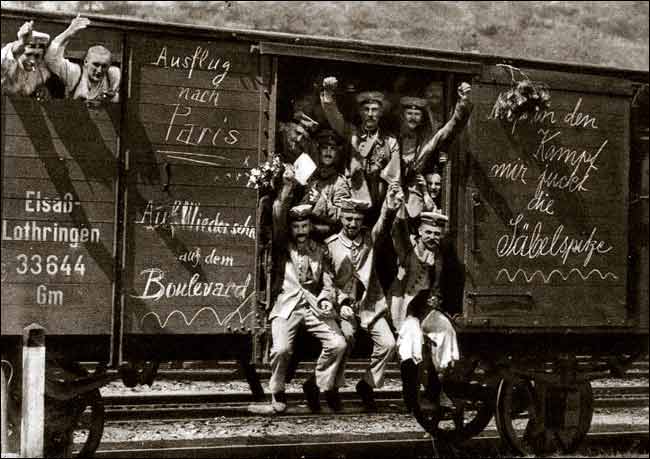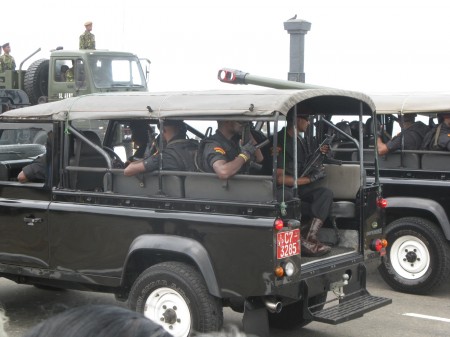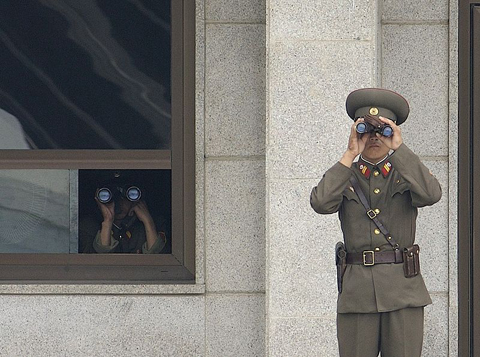
This article was originally published by NewPopulationBomb on 29 July 2014.
The world is in extraordinary turmoil — a violent Islamic Caliphate overturning the borders of Syria and Iraq; a war in Europe pitting Russia and pro-Russian rebels against the new regime in Ukraine; Israel invading Gaza and trading rocket exchanges with Hamas; Egypt, Libya and Yemen disrupted by the Arab uprisings; confrontations among Japan, China, Vietnam and the Philippines in the South and East China Seas; and gang wars in Central America driving thousands of young families and children across borders. Worse yet, Europe is caught up in its own internal squabbles, leaving the U.S. without the full support of its most powerful and reliable allies in dealing with these crises.




